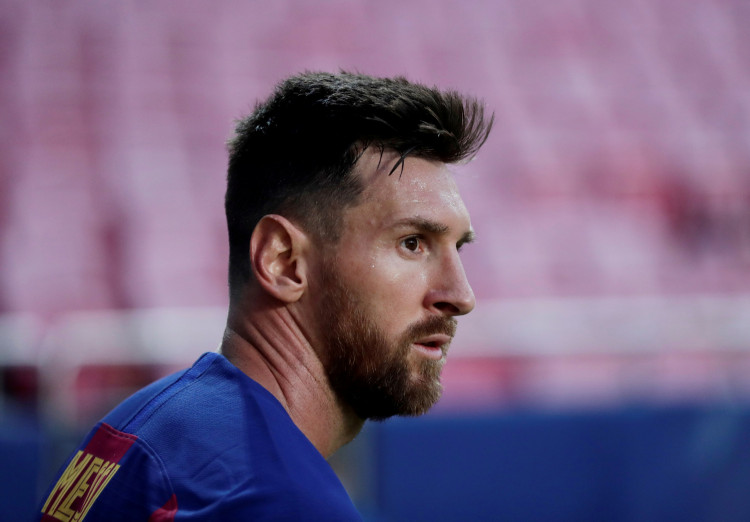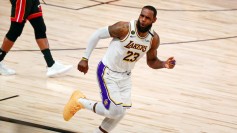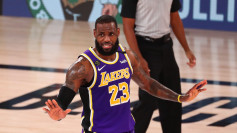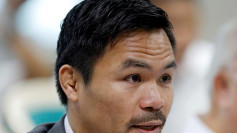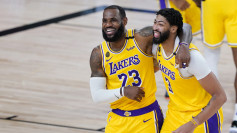Lionel Messi's recent participation in a friendly match in Japan with Inter Miami CF, just days after not playing in Hong Kong due to an alleged injury, has stirred a significant controversy. The Argentine football superstar's appearance on the pitch against Vissel Kobe on Wednesday, despite having been declared unfit for the previous game in Hong Kong, has sparked accusations of political bias and has deeply frustrated Chinese fans.
In Hong Kong, over 38,000 fans had gathered at the Hong Kong Stadium with high hopes of witnessing Messi and his teammate Luis Suarez in action. However, both stars remained on the bench, with Inter Miami's manager Gerardo Martino citing medical advice against their participation due to injury risks. The decision left fans chanting "we want Messi" in vain, and even David Beckham's attempt to placate the crowd with a thank-you speech was met with widespread booing.
The situation took a more contentious turn when Messi played over 30 minutes in the subsequent friendly in Japan, replacing David Ruiz in the 60th minute of a match that ended in a 0-0 draw. Suarez, also previously sidelined due to a knee injury, was on the field for 75 minutes in the same game.
This sudden recovery and participation have led to speculation and criticism, with the Global Times, a Hong Kong-based media outlet, suggesting that Messi's absence in Hong Kong had "political motives" and was an "embarrassment" to the Chinese Special Administrative Region.
The disparity in Messi's involvement in the two matches has not only disappointed fans but also raised questions about the integrity of the commitments made to Hong Kong spectators, some of whom paid significant sums for their tickets. Although friendly matches typically do not guarantee the appearance of specific players, Hong Kong's secretary for culture, sports, and tourism, Kevin Yeung, revealed that officials were repeatedly assured Messi would play, only to be informed of his inability to participate shortly before the game.
The incident has prompted Hong Kong lawmaker Regina Ip to suggest that Messi should be declared a "persona non-grata" in the region, condemning his actions as "lies and hypocrisy." Meanwhile, the match organizer, Tatler Asia, has retracted its request for a government grant to cover the event's expenses, acknowledging the controversy surrounding Messi's contracted obligation to play unless injured.
As the debate continues, the incident underscores the delicate balance between sports, politics, and fan expectations, highlighting the profound impact high-profile athletes like Messi can have on international relations and public sentiment.
